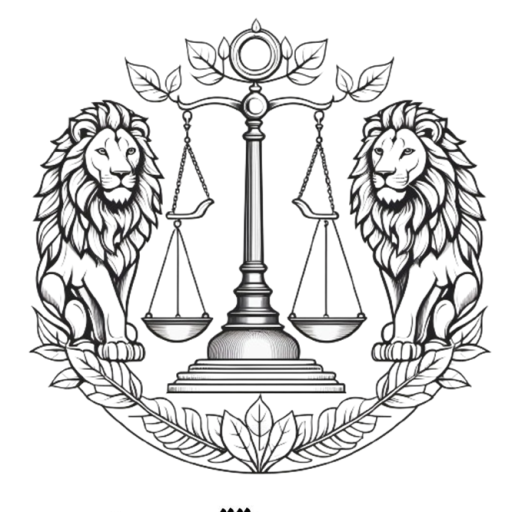Amirali R. Davoudpour
Iranian Canon of Medicine and Law, Administrative Wing of Law and Healing association, Iranian Watchdog of Medicine and Law, Tehran-Iran
Email of the corresponding author: davoudpour@canmedlaw.org
Accepted and published July, 2024 , DOI: https://doi.org/10.5281/zenodo.13203337
This article is published under CC BY creative common license that Allows others to distribute, remix, adapt, and build upon the work, even commercially, as long as they credit the original creator.
Abstract:
The article explores the abuse of globally good “terms” like “democracy” and redefines “terrorism” in the context of Middle Eastern affairs, arguing that such language manipulation undermines genuine democratic principles and human rights. It highlights the contradictory use of “democracy” to describe Israel, despite its policies often being at odds with democratic values, and the redefinition of “terrorism” to delegitimize legitimate resistance movements. The article underscores the role of the United States in this narrative, noting its extensive military actions globally while labeling its adversaries as terrorist threats. This hypocrisy disheartens Iranian peace activists and reformists, who find their struggle for civil rights marginalized in favor of geopolitical alliances with Israel.
The piece delves into various democratic theories—classical liberal, participatory, deliberative, and radical democracy—illustrating how each offers distinct perspectives on governance and citizen engagement. It also contrasts Western democratic models with non-Western approaches like Ubuntu in Africa and Confucian democracy in Asia, which emphasize community and harmony over individualism.
Further, the article critiques media portrayals, highlighting Edward Said’s and Noam Chomsky’s arguments on biased reporting and propaganda. It discusses how media narratives shape public perception, often demonizing Muslim populations and justifying aggressive foreign policies. The article calls for a critical examination of these narratives and support for grassroots movements and human rights organizations striving for justice and peace in the Middle East. It concludes by reaffirming the need to uphold true democratic values and human rights, challenging the dominant, often misleading, political discourse.
Keywords: Democracy, Israel, Iranian reforms, Gaza crisis
